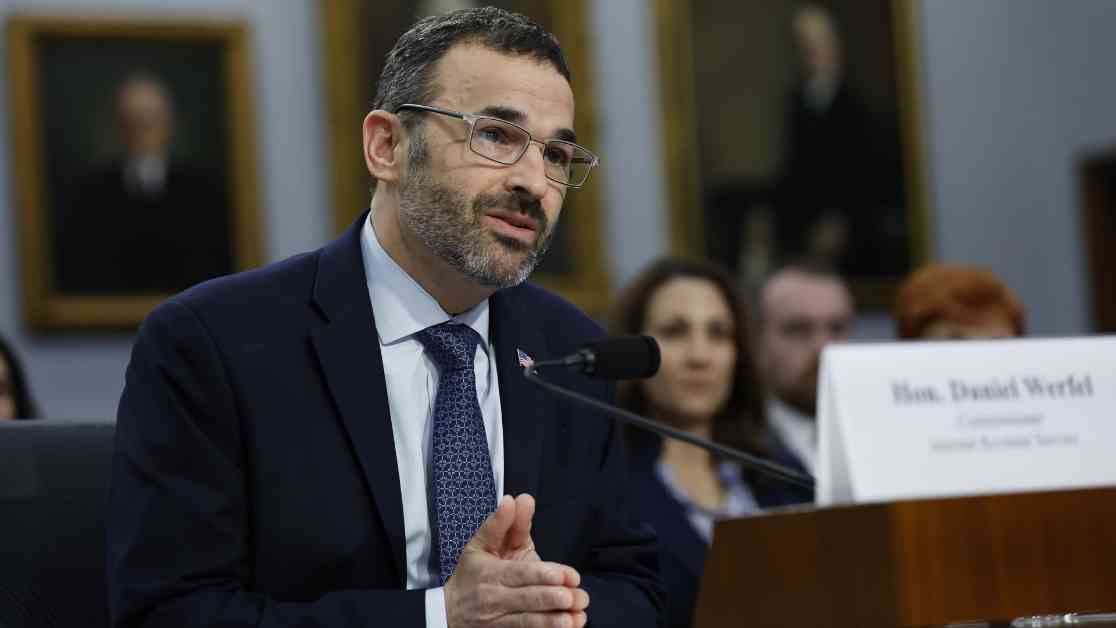The U.S. Department of the Treasury and the IRS have put forth a plan to close a significant tax loophole exploited by large partnerships. This move is expected to generate over $50 billion in tax revenue over the next decade. The strategy aims to crack down on “related party basis shifting,” a practice where businesses use different legal entities to manipulate asset values and evade taxes.
IRS Commissioner Danny Werfel emphasized that these tax loopholes enable wealthy individuals to underpay their taxes. The agencies have spent a year studying the issue and intend to issue proposed regulations to address the problem. The focus is on transactions involving basis shifting without a legitimate economic purpose.
This initiative is part of the broader IRS efforts to boost audits on high-income individuals, large corporations, and complex partnerships. Treasury Secretary Janet Yellen stressed the importance of curbing tax abuse and enhancing fairness in the tax system.
It is noted that pass-through business filings with assets exceeding $10 million have surged by 70% from 2010 to 2019. However, the audit rate for these partnerships plummeted significantly during the same period. This has contributed to a substantial tax gap of around $160 billion annually among the top 1% of tax filers.
The recent plan to close tax loopholes comes shortly after President Joe Biden’s economic advisor outlined key tax policy principles, highlighting the need for sustained IRS funding. The advisor emphasized the importance of ensuring that ultra-wealthy taxpayers fulfill their tax obligations and abide by the rules.
IRS funding has been a contentious issue, especially since the approval of nearly $80 billion in funding through the Inflation Reduction Act. The call for continued investment in the IRS to enforce tax compliance among high-income individuals has been a key focus for the current administration. By tackling tax evasion and closing loopholes, the government aims to promote tax fairness and reduce the budget deficit.








